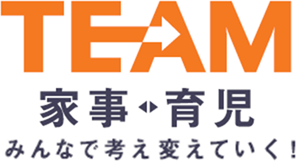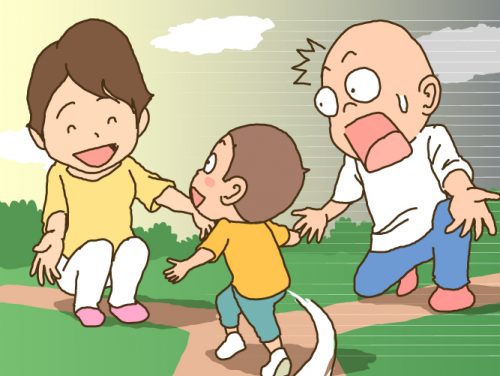Table of Contents
- Parenting cartoon “‘I want my mommy! is repeated in ‘”
- Dads’ hearts are pierced by the words, “No Dad, I want Mom! I want Mom!” What can we do to help both Dads and Moms?
Parenting cartoon: “‘I want my mommy! is repeated.”
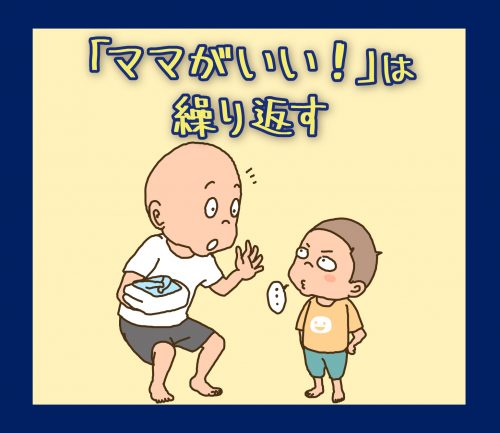
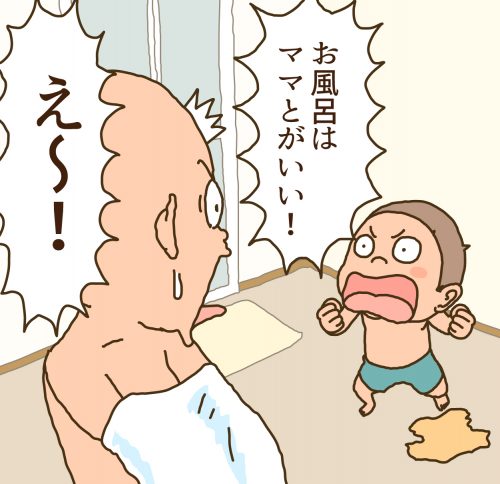
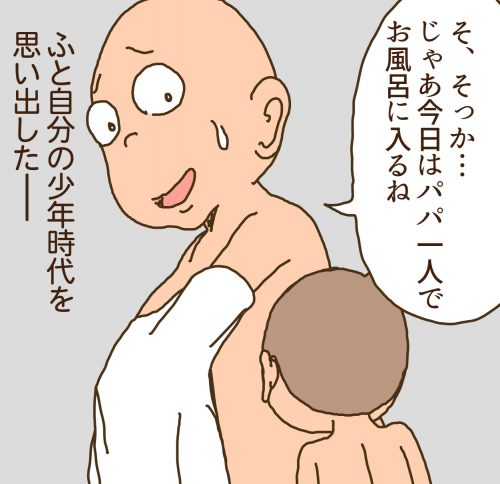
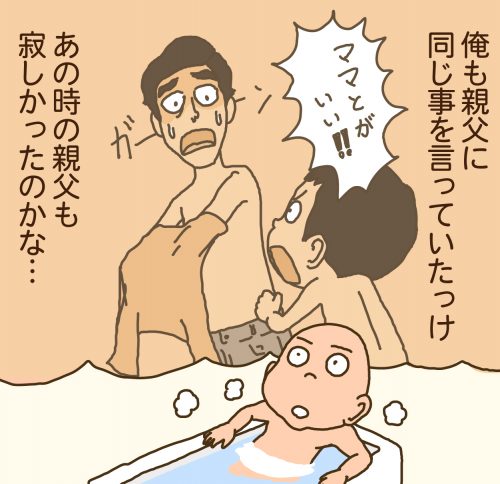
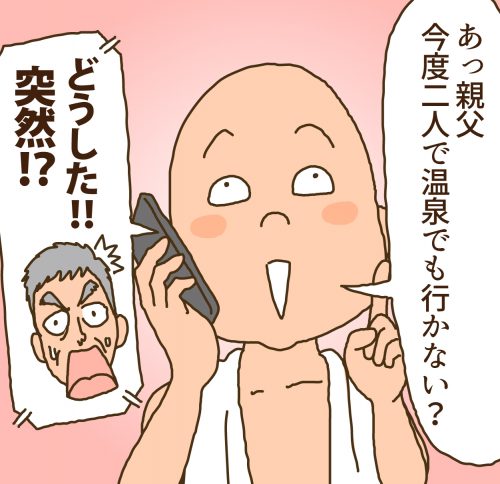

Profile
Eiichi
After working for a design company in Tokyo, he became a freelance illustrator. He is a hard-working father who creates animation, manga, and illustrations, including winning the Yubari International Fantastic Film Festival’s International Short Film Showcase Division Excellence in Animation Award.
Dads’ hearts are pierced by the words, “No Dad, I want Mom! I want Mom!” What can we do to help both Dads and Moms?
The most poignant thing for dads is “No daddy, I want mommy! I want mommy! I want mommy!
Why do children say this?
In this issue,
we will explore the main reasons why this is the case, and
we will also cover what each dad and mom can do about it!
Dads’ hearts are pierced by the words, “No Dad, I want Mom! I want Mom!” What can we do to help both Dads and Moms?
Child says, “No daddy, I want mommy! I want Mommy! We interviewed Ms. Akemi Saito, a parenting advisor/kindergarten teacher and representative of “Konpeito,” a preschool classroom with a kitchen, about the reasons why children say, “I don’t want daddy!

I don’t want Daddy! I want mommy!” Why does my child say, “I want mommy!
If you spend a lot of time with mom, you are more likely to say, “I want mom because this is what I’ve done with her,” and the flip side of that is, “No, dad!” and the flip side of that is “No, Dad! In addition, mothers and children are literally one in the same during pregnancy, and even after that, they become closer to each other through breastfeeding and other activities. I think it is natural for children to feel more secure with their mothers.
In addition, “daddy-no yai phenomenon,” in which the child cries if the father takes over carrying the child, can be seen even at the age of 0 or 1, but it increases from around the age of 2, which is generally referred to as the “nay-no period. This is the time when the child’s ego begins to grow and he or she begins to be assertive. It can be considered as one of the rebellious phases.
What Dads Can Do
More things to do with children
It is a good idea to discuss this with the mother beforehand and decide that “Dad will do 00 with the child. Even if it is something casual, “sharing something with dad” is a joy for the child. Reading a book, drawing a picture, singing a song, looking for bugs, or anything else. Don’t try to do something special, but rather increase the number of things you can do together in your everyday life. Just spend more time with Dad and say, “I want Mom!” There are many families where this does not happen.

Do not overreact to the child’s expressed wishes
Many fathers seem to take their children’s comments to heart and feel sadder than they should.
For example, one father was annoyed when his two-and-a-half year old child said, “Daddy, you’re so annoying! He was really touched when his two-and-a-half-year-old child said, “Daddy, you’re a nuisance! It is true that the word “nuisance” is very strong for adults. But did the two-and-a-half-year-old child mean it as a “hindrance”? Perhaps he was just trying to use a word he had just learned, and to the child, it might have meant something like “get out of the way a little bit.
It is important not to take your child’s words or attitude negatively, but to accept them positively as part of the process of growth.
What moms can do
Try to make affirming statements about Dad.
Children are smart and are sensitive to how their moms feel about their dads. If you complain about Dad all the time, they will feel the same way about you. Be intentional about saying things like, “I love you,” “You’re awesome,” and “You’re so cool. This will help children develop positive feelings toward their fathers.

Encourages dads to interact with their children.
It is a good idea for mothers to encourage their children to have as much contact with their fathers as possible. For example, when the child draws a picture, gently ask the father, “Praise him for drawing this picture today. After Dad has praised the child, he can now say to the child, “Dad, you watch ____ very carefully. How about saying to the child, “You love ________. What about suggesting to the child, “I wonder what kind of pictures Papa draws. It is also a good idea to suggest, “Let’s have daddy draw you a picture, too,” to increase the opportunities for interaction between father and child.

How was it? “No, Daddy! I want mommy!” but I don’t think that’s what your child really wants.
Dads, please treat your children with confidence.
And mothers, please watch over your children gently and support them from time to time.

